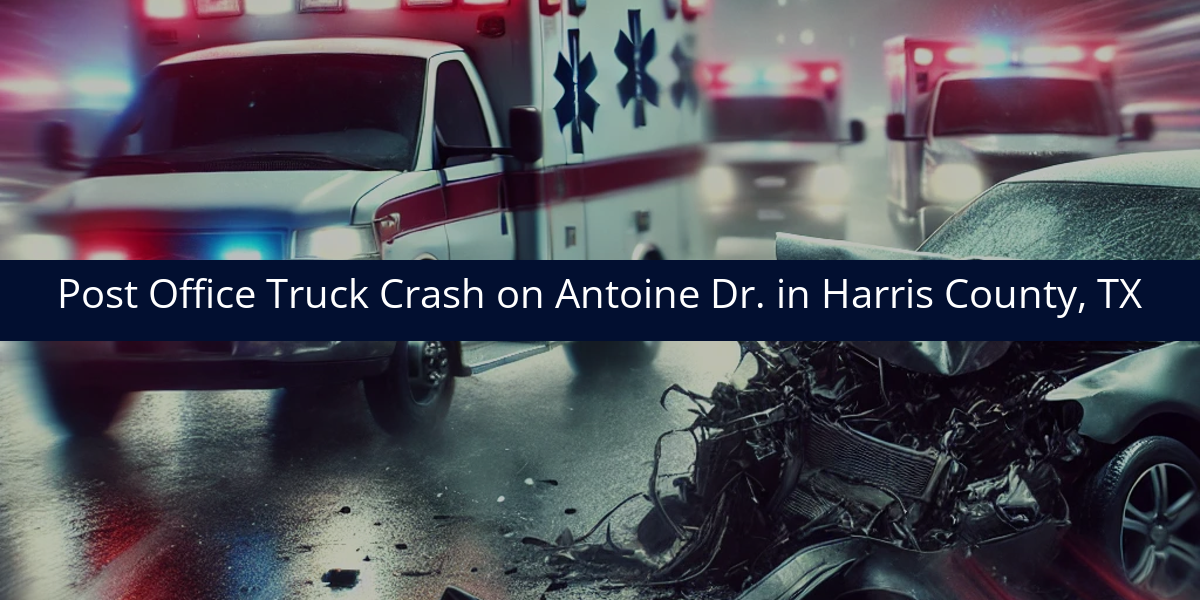Authorities in Harris County, Texas reported that a 58-year-old USPS worker, identified as Steven Marks, was killed Saturday afternoon after being struck by an allegedly speeding pickup truck on Antoine Drive. According to officials, the crash occurred when 48-year-old Jose Humberto Romero, driving a pickup truck, struck the rear of a postal vehicle that was stopped while delivering mail. Investigators said Romero was allegedly traveling at a high rate of speed when he lost control. He was reportedly arrested at the scene and charged with intoxication manslaughter.
Crashes involving allegedly impaired drivers often raise critical questions about where the individual obtained and consumed alcohol prior to driving. Under Texas law, if a bar or restaurant served a person who was obviously intoxicated, that establishment could share legal responsibility for the harm that followed.
Investigators’ Focus and Next Steps
Law enforcement will continue collecting evidence regarding the pickup driver’s level of impairment at the time of the crash. Toxicology results, surveillance footage, and witness statements from both crash scenes will be key to understanding how the events occurred. Investigators may also review financial transactions, receipts, and digital records to determine where the driver allegedly consumed alcohol prior to the incident.
If evidence indicates that he was drinking at a licensed establishment before getting behind the wheel, investigators will need to determine whether that business violated the law by serving someone who was obviously intoxicated to the point of presenting a danger to himself or others.
Examining Potential Overservice by an Alcohol Provider
Under Texas dram shop law, bars and restaurants have a legal duty to refuse service to patrons showing clear signs of intoxication. Indicators such as slurred speech, difficulty walking, or impaired coordination can make continued service unlawful. If witnesses or video show the truck driver displaying such signs before being served additional drinks, that business could bear civil liability for the fatal crash.
Investigators will likely review sales records, security footage, and witness statements to determine whether an establishment continued serving him when his intoxication should have been apparent. If overservice is confirmed, that evidence could support a civil dram shop claim in addition to the criminal prosecution already underway.
Evidence That May Identify the Full Chain of Events
Beyond alcohol service, evidence such as the pickup’s vehicle data, accident reconstruction reports, and toxicology findings will help determine the driver’s speed, reaction time, and blood alcohol concentration at the time of the crash. These details not only inform the criminal case, but also provide context for whether a third-party alcohol provider contributed to his alleged impairment.
Why Dram Shop Investigations Are Important in Cases Like This
When a suspected drunk driving crash leads to a death, it’s vital to examine every contributing factor. This means looking at not just the driver’s conduct, but also how that driver became intoxicated in the first place. Determining whether an establishment continued to serve alcohol to someone who was obviously impaired helps ensure full accountability under Texas law and may provide clear answers to those affected by this crash.











